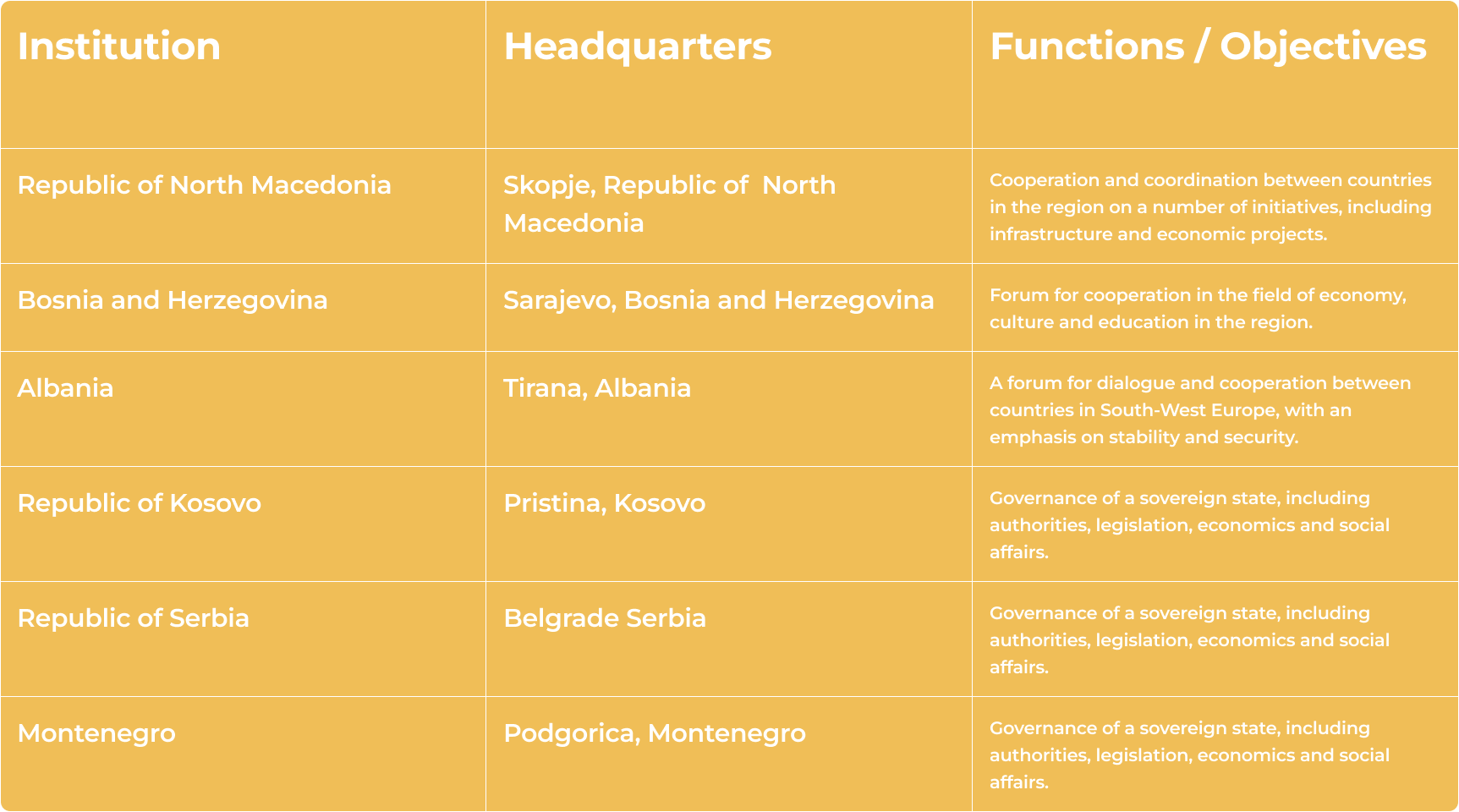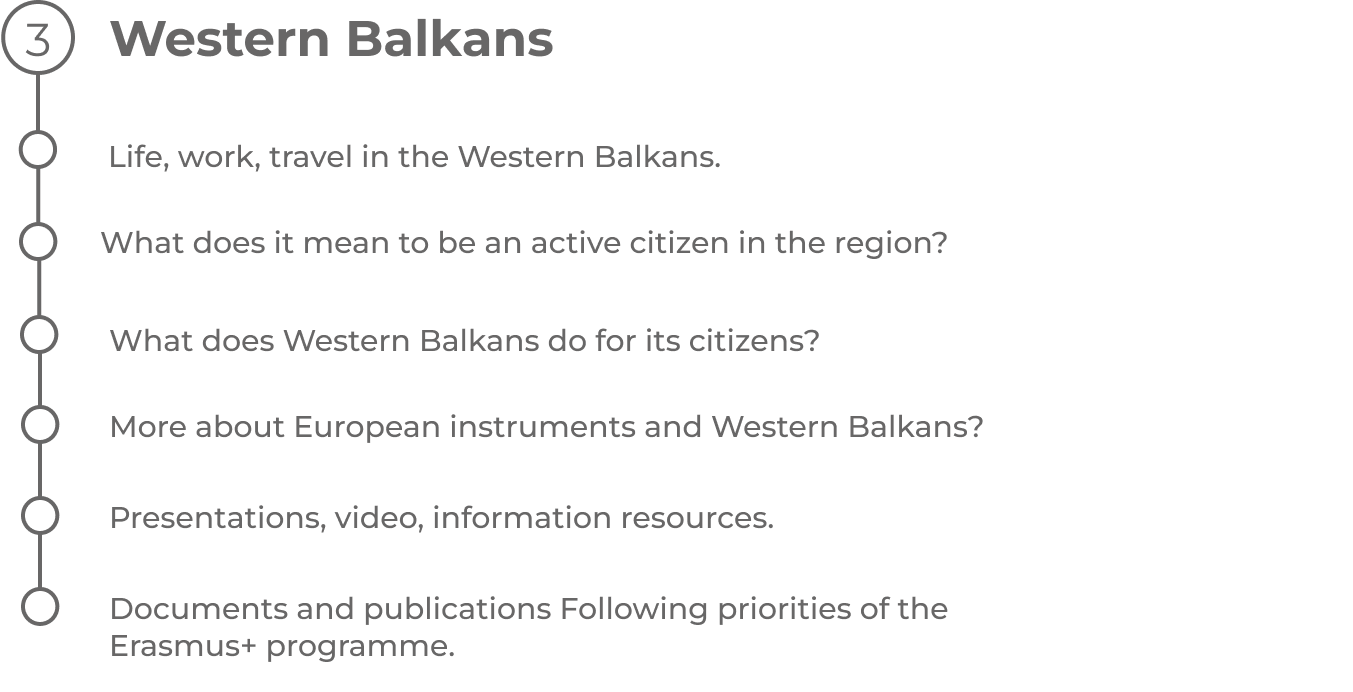 Policy
Policy







Z. Zaev
Education and innovation are the engines of development.


A. Vucic
Education and the development of young people are key to the future.


A. Vucic
Cooperation and dialogue with neighboring countries are of crucial importance for maintaining peace and stability.


J. Claude
Isolation is not a solution. The solution lies in cooperation and joint efforts to address common challenges.

More about civic education in our lives - WESTERN BALKANS
 Policy
Policy

 Society
Society

1. Ethnic diversity: The region includes multiple ethnic groups, including Serbs, Croats, Albanians, Bosnians, etc. This ethnic diversity is often a challenge but also represents richness in cultural heritage.
2. Religious communities: The Western Balkans have diverse religious communities, including Orthodox Christians, Catholics, and Muslims. Religion plays an important role in the lives of residents and public relations.
3. Civil society: There are active civil society and non-governmental organizations in the region addressing issues such as human rights, social justice, and sustainable development.
4. Historical conflicts: The Western Balkans have been affected by serious conflicts and wars in recent decades, leaving traces in societies and increasing interethnic tensions.
5. Efforts for stability and integration: Many countries in the Western Balkans are working towards achieving stability and integration into the European Union and other international organizations to promote development and peace in the region.
6. Diversity of viewpoints: Youth represent a diverse group with different perspectives and ideas. Their engagement contributes to a broader dialogue and exchange of ideas, enriching society.
 Institutions
Institutions





 Information Pages
Information Pages
Balkan Insight (BIRN) - https://balkaninsight.com/ - News portal providing analyses and news from the Balkan region.
European Western Balkans - https://europeanwesternbalkans.com/ - Specialized website focused on events and developments in the Western Balkans related to the European Union.
Balkan Investigative Reporting Network (BIRN) - https://birn.eu.com/ - Investigative journalism organization publishing analytical materials and reports about the region.
BBC News Europe - Balkans Section - https://www.bbc.com/news/world/europe/balkans - Balkans section of BBC News providing news and analyses.
Al Jazeera Balkans - https://balkans.aljazeera.net/ - International news resource with a dedicated section for the Balkans.
Regional News Agencies - Many countries in the Western Balkans have their national news agencies providing information about events in the region. For example, Tanjug (Serbia), Makfax (North Macedonia), BTA (Bulgaria), and others.
These resources offer different perspectives and sources of information to help you stay informed about news and events in the Western Balkans.

 Test
Test







 Civic Education Lessons
Civic Education Lessons
1. Human Rights: Students can learn about important international documents such as the Universal Declaration of Human Rights and how these rights apply in their context.
2. Democratic Institutions: Lessons can explain how parliaments, governments, and the judicial system work, as well as their roles in governing the state.
3. Participation and Activism: Students can learn how to engage in society by participating in civic initiatives, protests, and other forms of activism.
4. Region's History: Civic education may include lessons on the history of the Western Balkans, including conflicts and processes of peaceful coexistence.
5. Cultural Diversity: Lessons can promote understanding and respect for the different cultures and ethnic groups that make up the region.

 Youth Engagement in Action
Youth Engagement in Action

Youth Organizations and Movements: Youth organizations play a crucial role in mobilizing young people and supporting their initiatives. They can be forums for exchanging ideas, training, and developing leadership skills.
Political Engagement: Youth can engage in political parties, become members of parliaments and local councils, and advocate for their interests and ideas.
Education and Culture: Youth engage in educational and cultural projects that promote the exchange of knowledge and experiences among young people from different countries.
Social and Economic Activity: Youth start their businesses, work in startups and entrepreneurship, contributing to the economic development of the region.
Civil Society and Activism: Youth engage in various civic initiatives and campaigns advocating for social and political changes.
Media and Communications: Youth participate in journalism, media projects, and social media to express their views and inform the public.
 Benefits of Youth Engagement
Benefits of Youth Engagement
 Opportunities for Youth Engagement
Opportunities for Youth Engagement
1. Youth Organizations and Movements: Numerous youth organizations and movements in the Western Balkans offer opportunities for participation and activism. This includes student associations, civic initiatives, and youth forums.
2. Educational Programs: Youth can participate in educational programs and projects that support their learning and development. Such programs provide opportunities for skills, leadership, and entrepreneurship training.
3. Civil Society and Activism: Youth can engage in civil organizations and participate in activist campaigns and projects advocating for social and political changes.

4. Arts and Culture: The Western Balkans are rich in cultural heritage. Youth can engage in arts and cultural projects that promote cultural exchange and creative expression.
5. Political Engagement: Youth can get involved in political processes, become members of youth councils and committees, and express their views and interests within the political system.
6. International Exchange Programs: Various programs like "Erasmus+" provide opportunities for youth exchanges and internships in different countries, helping broaden horizons and gain international experience.
7. Media and Communication Projects: Youth can engage in media projects, blogging, video content, and other communication initiatives.
8. Sports and Fitness: Participation in sports competitions and fitness activities promotes a healthy lifestyle and interaction with diverse youth.

 Media Literacy and Recognizing Fake News
Media Literacy and Recognizing Fake News
1. Source Verification: When exposed to news, carefully analyze the source. Prefer authoritative and established news outlets over suspicious or unfamiliar websites. Check if other reliable sources are confirming the message.
2. Critical Thinking: Always try to analyze information critically. Ask questions like "Who benefits from this information?" or "Are there confirming facts?". This helps you not to accept everything as true.
3. Fact-Checking: Use fact-checking websites or seek independent sources to verify information before sharing or believing it. Many of these sites provide independent fact-checks of news articles.
4. Distinguishing Between Opinion and Fact: News articles should provide facts, while opinions are expressed in comments and analyses. Understand the difference between the two and be careful when expressing your opinions.
5. Sharing with Responsibility: Before sharing news or information, consider how this action may affect others. If you need more clarification about the authenticity of the information, it is better to keep it private to avoid spreading misinformation.
6. Simultaneous Multiple Source Comparison: For events of great importance, compare information from several reliable news sources to ensure its accuracy.
 Assessment of the Impact of Youth Activity
Assessment of the Impact of Youth Activity
 Despite this positive impact, there are challenges related to youth activity in the Western Balkans, such as the need to improve access to education and opportunities for young people, as well as addressing unemployment and economic challenges. Developing suitable policies and programs that support youth engagement is crucial for achieving a sustainable and prosperous society in the region.
Despite this positive impact, there are challenges related to youth activity in the Western Balkans, such as the need to improve access to education and opportunities for young people, as well as addressing unemployment and economic challenges. Developing suitable policies and programs that support youth engagement is crucial for achieving a sustainable and prosperous society in the region. Test
Test







 Life, Work, Travel in the Western Balkans.
Life, Work, Travel in the Western Balkans.
Life:
1. Culture and Traditions: The Western Balkans have a rich cultural heritage and traditions. Each country has its unique history, cuisine, and folklore.
2. Hospitality: People in the region are known for their hospitality. Guests are honored, and traditional food and drinks are often offered.
3. Natural Beauties: The Western Balkans offers a variety of natural beauties, including mountains, lakes, and beaches. Some of the most popular destinations are Plitvice Lakes, the Budva Riviera, and numerous national parks.
Work:
1. Economy: The economy of the Western Balkans is developing, including tourism, information technology, agriculture, and manufacturing.
2. Work Culture: Work culture varies depending on the country, but the region welcomes workers from other countries.
3. Languages: Various languages, such as Serbian, Croatian, Bosnian, and Albanian, are spoken in the region. Knowledge of English or the local language can be an advantage in the workplace.

Travel:
1. Transportation: The Western Balkans have well-developed transportation connections, including roads, railways, and airports. You can travel by car, train, bus, or plane.
2. Tourist Destinations: The region offers a variety of tourist attractions, from cultural cities like Sarajevo and Belgrade to beautiful natural sites like the southern beach of Albania.
3. Safety: Safety may vary from country to country, so it is important to follow local advice and be informed about the current situation before traveling.


 What Does it Mean to be an Active Citizen in the Region?
What Does it Mean to be an Active Citizen in the Region?
1. Participation in Public and Political Processes: Active citizens in the Western Balkans can participate in election campaigns, vote, run for public or political positions, and express their opinions on important public issues.
2. Involvement in Non-Governmental Organizations (NGOs): Many participate in the work of NGOs that promote social, cultural, environmental, or other changes in society. This may include participation in campaigns for human rights, the environment, education, etc.
3. Solidarity and Mutual Aid: Active citizens can participate in gatherings, protests, and initiatives to support vulnerable groups in society. They can engage in activities aimed at improving the lives of others.
4. Education and Training: Participation in educational programs, seminars, and training on civic activity and participation in society is also part of the active civic role.
Creating an Informed Society: Active citizens can work to promote a free and independent media sector that provides access to information and encourages the exchange of ideas and opinions. What is the Western Balkans Doing for Its Citizens?
What is the Western Balkans Doing for Its Citizens?
Despite the diversity in approaches, some of the initiatives and measures that the Western Balkans can offer to their citizens include:
1. Education: Providing quality education is a priority for many countries in the region. This includes investments in schools, universities, and vocational education.
2. Healthcare: The Western Balkans provide healthcare for their citizens through public and private health institutions and programs to support a healthy lifestyle.
3. Social Security and Assistance: States provide social services and assistance to vulnerable groups, such as retirees, people with disabilities, and the unemployed.

4. Economic Development and Employment: Investments in the economy, stimulating entrepreneurship, and creating jobs are among the strategies for economic development.

 More about European Instruments and the Western Balkans?
More about European Instruments and the Western Balkans?
1. Instrument for Pre-Accession Assistance (IPA): This instrument aims to support Western Balkan countries that wish to become EU members in their preparation for accession. It finances projects and programs focusing on reforms in areas such as justice, infrastructure, and education.
2. European Stability Fund (ESF): This EU instrument is used to support stability and development in the Western Balkans by financing projects for infrastructure development, supporting economic growth, and strengthening democratic institutions.
3. Youth Support Initiative in the Western Balkans (ERASMUS+): The EU's ERASMUS+ program provides opportunities for youth from the Western Balkans to study, work, and travel within the EU. This helps the development of young people and promotes cultural exchange.
4. Regional Cooperation and Integration into the EU: The EU promotes regional cooperation among Western Balkan countries through various programs and initiatives, such as the Berlin Process and the Regional Structural and Investment Fund (RSIF). These initiatives support the region's integration and cooperation in the economy, infrastructure, and energy.

 Documents and Publications Following the Priorities of the 'Erasmus+' Program.
Documents and Publications Following the Priorities of the 'Erasmus+' Program.
 Test
Test

